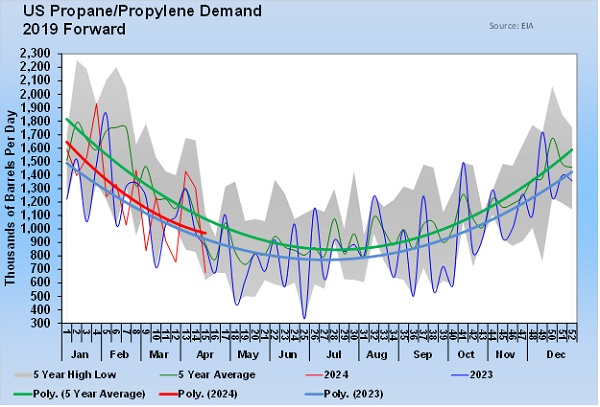How saying ‘no’ can improve your work performance
While trying to make a good impression, a new employee eagerly said “yes” to nearly every request made of him. He soon became overwhelmed with his workload, and the quality of his work diminished.
In Greg McKeown’s book, “Essentialism: The Disciplined Pursuit of Less,” McKeown tells the story of how this employee, out of desperation, decided to try an experiment. He became more selective and started saying “no” more often. In a short time, he discovered that his work was less stressful and more meaningful, which eventually led to the best performance review of his career.
Saying “no” to someone will be uncomfortable at first, but saying “yes” could produce regret for a long time. Saying “no” requires practice because it doesn’t come easily and may cause awkwardness in some of our most important relationships. But when we concentrate on the few, essential tasks, we are able to make valuable contributions to our organization.
Because we receive many requests during a typical workday, we need to first ask ourselves if these requests are essential. If not, we should respond with a polite and respectful “no.” If we aren’t intentional about creating our own agenda, someone else will create an agenda for us.

















